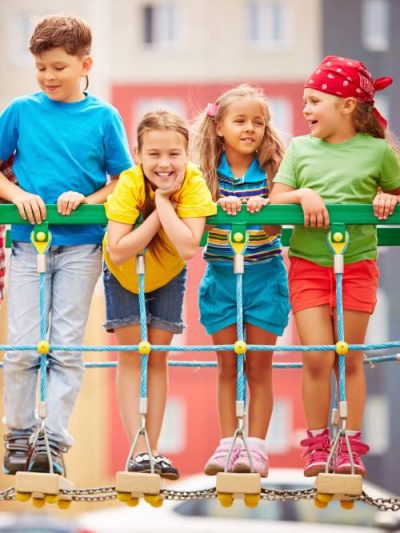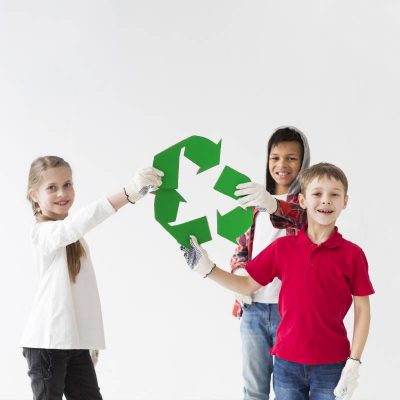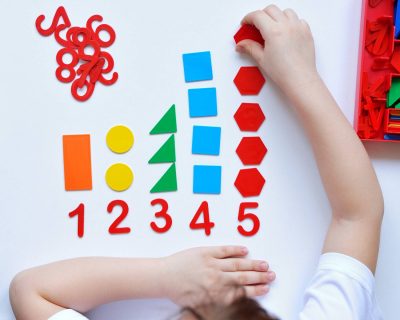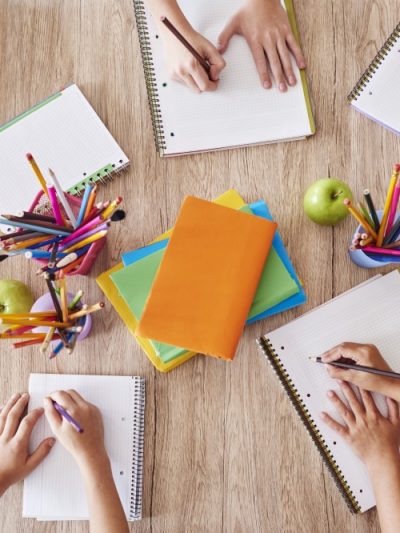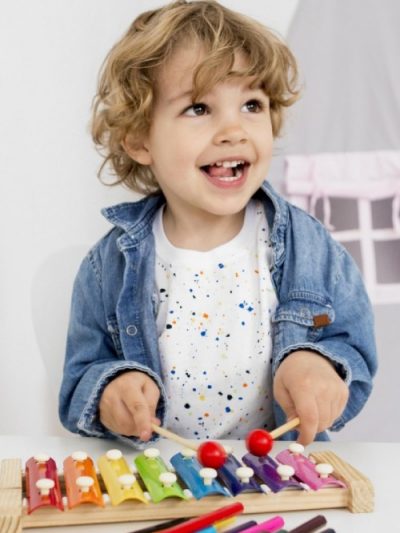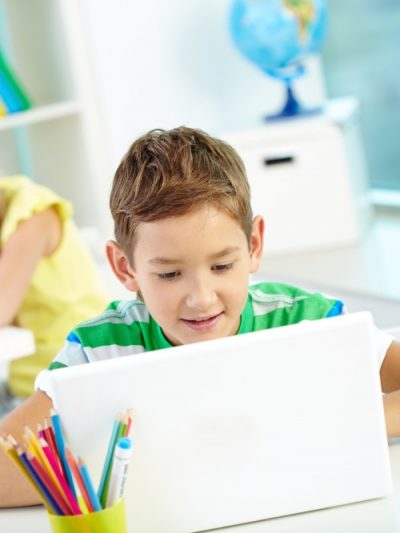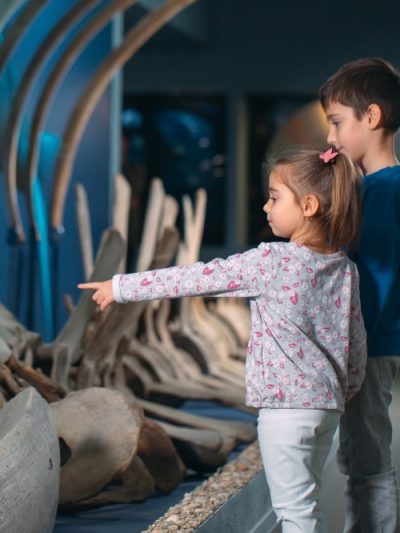Games
For the child, play is a natural way of learning and development from the moment he is born. Free or structured, it occupies most of the daily program in well-defined learning centers inside or outside the school to facilitate children’s interactions with objects, peers and the teacher. This gives children opportunities for problem solving, exploration, development of creativity and imagination, development of social skills, active participation, direct contact with materials.
